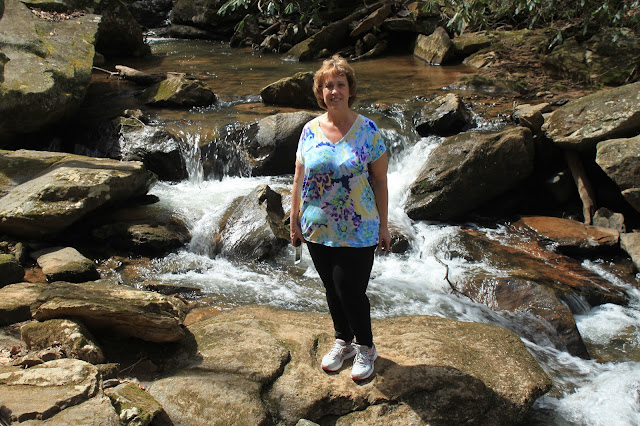Thus, with that in mind, I have to admit that I quite enjoyed the Italian superhero movie, "They Call Me Jeeg" ("Jeeg Robot" upon release in Italy).
Here we have the story of a loser schmuck who ends up getting doused in, apparently, a toxic soup of radioactive chemicals. Initially making him very sick, he eventually discovers that his bath in the concoction has given him two superhuman powers: amazing strength, and the ability to heal at an unbelievably accelerated rate.
Now, there is certainly nothing unique about the method by which the protagonist gets his powers of super-strength and hyper-healing. Chemicals and radioactivity combining to give a person god-like muscles and the ability to heal instantly are routine in comic books. What makes Jeeg different is the hero himself.
Before he becomes known as "Jeeg" he is Enzo Ceccotti (played by Claudio Santamaria) a common thug and purse-snatcher. We first encounter him as he is fleeing from the police on foot (he's far too poor to own either a car or a motorbike) over the theft of a nice wristwatch. The chase leads him to the river where he hides the watch on a barge and avoids the police by jumping into the river and using the hull of the barge to hide. The police leave and he climbs out, but not before puncturing a barrel of the radioactive brew that sickens him and later transforms him into a superman.
There really is not much to recommend the character of Enzo. He's just a big strong-arm thug with some muscles and a good pair of lungs for outrunning the cops. Even his intelligence is not so good and he can't even find a job with the lowest level of the local organized crime. Once he sells his goods to a fence he buys food and retires to his hovel to watch X-rated movies. There seems to be nothing there in the way of heroic substrate.
Eventually, though, after a while he discovers that his bath in the chemicals has given him super-strength so vast that he can punch through concrete and steel, bend metal bars, and that his body can heal from gunshot wounds within a few hours.
But Enzo has no intention of becoming a hero until bad fortune makes him into a reluctant guardian of a mentally deranged woman (Alessia, played by Ilenia Pastorelli) whose father was murdered in Enzo's presence. She thinks Enzo might somehow know what happened to her dad so she keeps at him like the little girl that she emotionally is until he accidentally displays his powers in front of her and she thinks that he is the human incarnation of her favorite cartoon character, Robot Jeeg.
Slowly, methodically, she convinces him to stop using his power to steal money (he initially rips an automatic teller machine out of a brick wall when he figures out that he can do it), and to instead use his power for good.
Into this mix we are introduced to a local low-level crime figure named Fabio Cannizzaro who is a total psychopath with a wealth of annoying personality and a vast streak of violence. Played brilliantly by Luca Marinelli I at first found the character so over the top that he was annoying, but soon realized that he was playing the character just about right for what eventually happens.
Fabio, obsessed with the news of the superman (no one knows who he is) eventually figures out that Jeeg is actually Enzo and he captures Alessia to make him give up the secret of his heightened strength. Without giving too much more away, the situation gets really complicated for both hero, villain, damsel, and everyone else involved with the trio.
Ultimately I found the script just clever enough to keep the project a couple of levels above even the most highly budgeted US superhero movie. The hero remains a big, powerful thug with a heart of gold and fists of steel. The villain ended up reminding me more than a little of Steve Ditko's The Creeper, and this added to the fun.
Another thing that I liked is that while the script does wrap things up in a tidy, logical bundle, it's not all happiness for all involved. In addition, the acting of the three main actors who portray Enzo, Fabio, and Allesia are excellent. The three do a great job and their performances held my attention. Hell---Luca Marinelli could probably make a career in the US, at least playing character roles.
I'd heard this was a good film, and few movies that I hear about this way pan out for me. "They Call Me Jeeg" did meet the hype. Heck...it might have exceeded it. A great, simple, clever, honestly created low-budget superhero movie.
 |
| Enzo, having discovered that he can bend steel with his bare hands. |
 |
| Fabio, chewing the scenery in villainous style. |
 |
| Allesia, the deranged, innocent, childlike damsel. |
















